Description
This year marks the 40th anniversary of China’s reforms and opening up. In four decades, China has learned how to grasp the benefits of globalisation and has become a world economic champion. As the world’s second-largest economy, today China is no longer the factory of the world but an industrial power aiming at the forefront of major high-tech sectors, in direct competition with Europe and the US. In sharp contrast with Trump’s scepticism on multilateralism, President Xi has renewed his commitment to growing an open global economy. But what does globalisation with Chinese characteristic look like? Is Beijing offering more risks or more opportunities to both mature and emerging economies? To what extent is China willing to comply with international rules and standards? Is Beijing trying to set its own global rules and institutions? Is the world destined to a new model of economic globalisation detached from political and cultural openness?
ISPI. The Italian Institute for International Political Studies (ISPI) is an independent think tank dedicated to being a resource for government officials, business executives, journalists, civil servants students and the public at large wishing to better understand international issues. It monitors geopolitical areas as well as major trends in international affairs. Founded in Milan in 1934, ISPI is the only Italian Institute – and one of the few in Europe – to place research activities side by side to training, organization of international conferences, and the analysis of the international environment for businesses. Comprehensive interdisciplinary analysis is achieved through close collaboration with experts (academics and non-academics alike) in political, economic, legal, historical and strategic studies and through an evergrowing network of think tanks, research centers, and Universities in Europe and beyond.

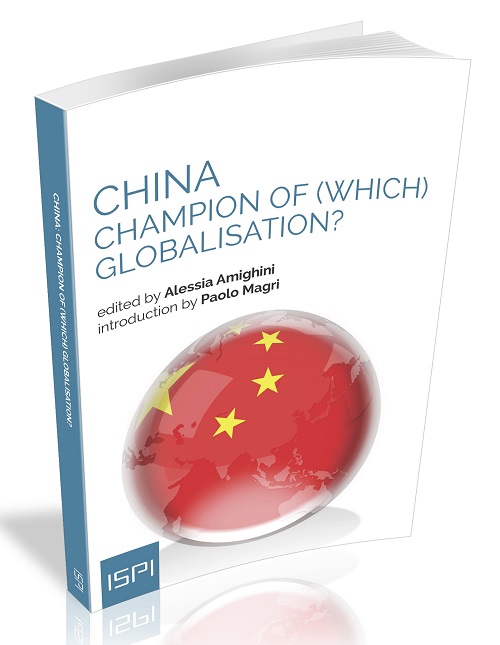
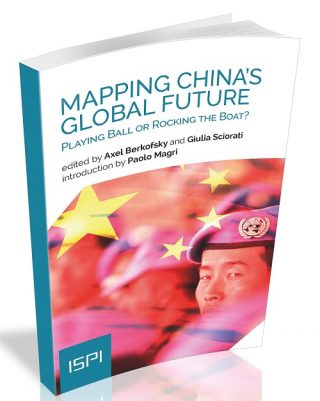
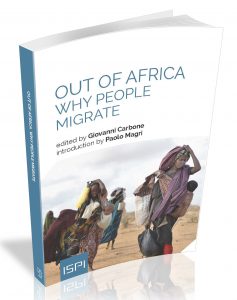
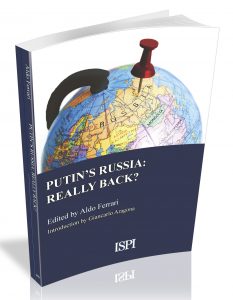
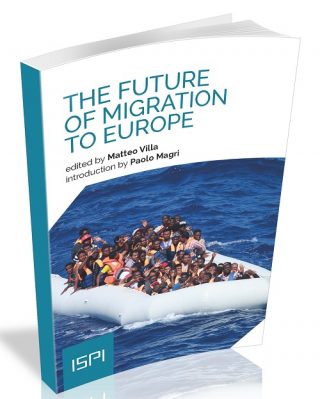
Reviews
There are no reviews yet.